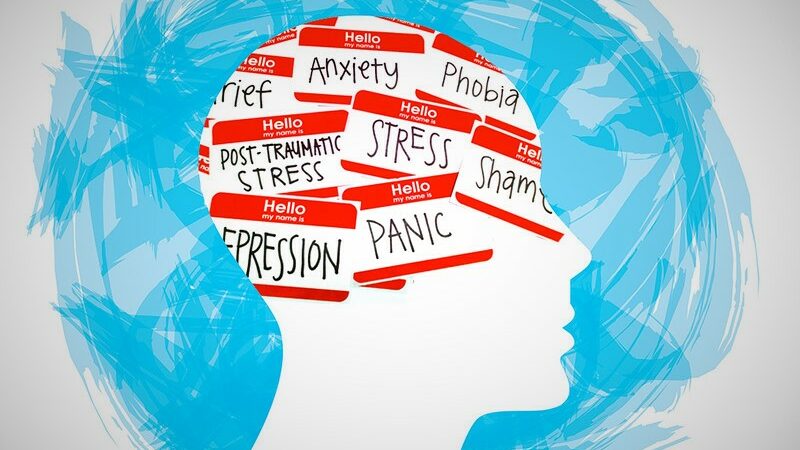Masculinity is not strength, is the false impression of confidence and it what drives some in a bad place.

A Labour government would make it its mission to reverse the rising number of deaths from suicide, Sir Keir Starmer pledged last week. It’s a welcome move. Sir Keir highlighted how suicide rates have been going up. Suicide is also the biggest cause of death in men under the age of 50 and around three quarters of deaths from suicides each year are men.
To tackle such high rates, we also need an open and honest discussion about the toxic effect masculinity has on society.
Masculinity. A word who’s modern interpretation is now more of weakness than strength. And rightly so. Men are more likely to be violent (75% of violent crime is committed by men), more likely to be unemployed (4.9% of men are unemployed vs 4.4% of women), more likely to be homeless (75% of rough sleepers are men), and more likely to commit suicide (3.5 times more likely than women).
I have struggled at times with my mental health and wellbeing through the years and have often thought about where the darkness comes from. I believe it is my engrained interpretation of what strength is and how I am supposed to act. Be a man’s man, stiff upper lip, don’t be a girl. This is what masculinity means to me.
Everyone has a different engrained understanding of what masculinity is to them and for most it’s a traditional view. Boy’s will be boy’s, men are strong, women are meant to be subservient and emotion means weakness. ‘Man up’ people say. As if that’s supposed to help.
This indoctrination for me started at an early age, like most people, with assigned gendered roles and a way you are supposed to act. All felt very British. Don’t talk about your emotions, don’t cry, don’t show weakness. But this breeds darkness in someone’s soul, or at least it had done in mine. I have suffered with insecurity, anxiety and a sense that something was missing, or that I wasn’t good enough. It took my 26th birthday to change my outlook.
I was volunteering for the Bernie for President selection campaign in the evening after a day’s work in a job I didn’t enjoy and hadn’t told anyone it was my birthday. I hadn’t arranged anything because I didn’t think anyone would care and I didn’t want the embarrassment of no one showing up, in fact the only person to text me in the morning was my mum. I only told a few people in pub after the campaign session and it felt awful, I actually went home and cried. It was at this low moment I vowed to never experience that loneliness again. I vowed then and ever since to talk about my emotions, invest in relationships with other people and to let some light in, to fight the darkness.
Masculinity taught me not to share and not to deal with my problems, and to shelve the dark feelings we all experience from time to time. This manifests itself in different ways for different people. For some it causes them to lash out on family, friends and strangers, poisoning relationships and allowing unspoken truths to fester. With me it caused loneliness. A deep sense of isolation, even in crowded rooms, and part of what I think drives young men to suicide. I would not say I was depressed, but I was at a low point.
Since that birthday and making the decision to open up, my life has become unrecognisably better. I am very lucky. I have an amazing group of friends who I care about, an emotional confidence and resilience that I’ve never had, and now a voice to speak. The toxic effect masculinity has on society is pronounced and morbid as it poisons minds and restrict people’s emotions to the point where some see no way out, whereas some see no problem at all. Tackling bad mental health and the suicide rate in young men, in my view, will mean continuing to tackle the perception of what a man should be.
If we are to grow as a progressive and understanding society that allows people to thrive, both physically and emotionally, then the way in which masculinity is spoken about must continue to change. I don’t know how this might happen, I just know my own truth. Masculinity is not strength, is the false impression of confidence and it what drives some in a bad place.
To reach hundreds of thousands of new readers we need to grow our donor base substantially.
That's why in 2024, we are seeking to generate 150 additional regular donors to support Left Foot Forward's work.
We still need another 117 people to donate to hit the target. You can help. Donate today.



